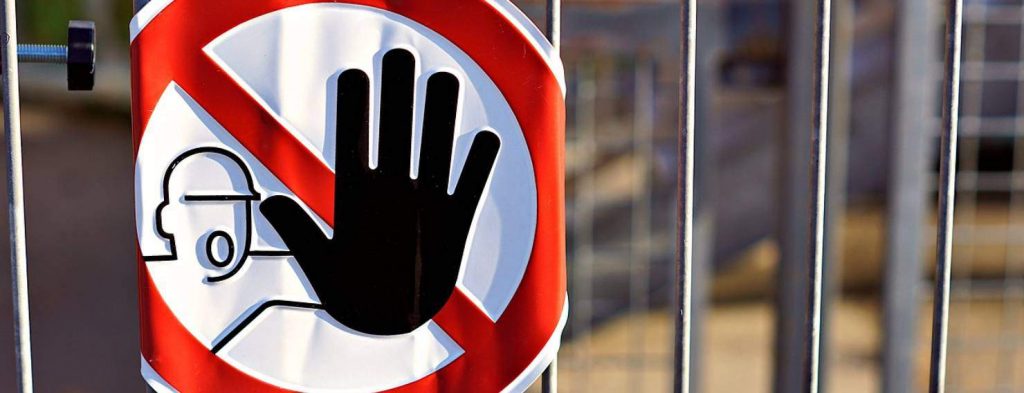COLUMN – I’m seeing more and more LinkedIn posts from medical and scientific professionals who – each in their own way – are concerned about QR codes’ policy. I agree with that.
QR, and soon the spoofed 2G community, in which people are widely excluded on the basis of vaccination status, is not only ethically reprehensible but also almost unsupported scientifically.
The data shows that SARS-CoV-2 vaccines – although effective in reducing hospitalization risks – soon no longer have an adequate effect on the spread of the virus. This removes any rationale for a proposed QR society where people – including all children from the age of 12 – have to be vaccinated in order to participate in normal social life. There has been frequent critical writing about vaccinating children with the new vaccines, and I will not express here my opinion on the balance of benefits and risks for that group.
The rationale behind the 2G policy is described – based on TU Delft research – that the virus is being spread more than tested non-vaccinated people (in the context of a 3G policy), and therefore non-vaccinated people should be protected with 2G in order to reduce hospitalizations. world upside down.
The Dutch group of people without QR disease consists largely of healthy young people (including children) who have a low risk of admission to hospital, as well as a large number of people who have already suffered from Covid-19 (but cannot show a result). positive for the test). Excluding these people on the basis of vaccination status is not ethically justified and leads to unforeseen social and societal harm.
The policy does not seem to stop or improve in the short term. The polarization that is being talked about in the media and is slowly seeping into society and the smaller social circle of people distracts from important questions. For example, the question of how the (assumed) positive effects of policy in relation to QR codes outweigh the general negative effects on public health, and what consideration has been made in this regard.
Unfortunately, it seems more and more that a tacit majority of the Netherlands is ensuring a supposed agreement with this policy, and that could become very harmful in the long run. Because of the unscientific nature of this policy and the social harm it causes, I think it’s important to speak up. Instead of QR codes, let’s focus on reforming healthcare capacity that has shrunk in recent years.
About the author
written by Didier Meulindex, director of scientist at AstraZeneca.
Photo: renateko/Pixabay

“Coffee buff. Twitter fanatic. Tv practitioner. Social media advocate. Pop culture ninja.”











More Stories
“Ask at least one question in return.”
According to research, people with this sleep rhythm live longer.
13 municipalities in the province of Seville have mosquitoes carrying the Nile virus